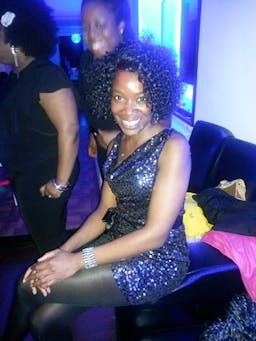Web 2.0 - Here to Serve Offline Connections
Apr 28, 2022
Story
Web 2.0 is the great amplifier and challenger of our modern age. Like any tool or technology it comes to serve—but only to the extent that we are willing to invest our time and resources in taking advantage of its gifts. One woman’s voice on any social media network or blog has the power to multiply at great speed—reaching people and communities that she never imagined she could reach. It amplifies her voice. Web 2.0 is also a challenger. Not only through the ideas communities share through the medium but because we are left with fewer excuses not to act. We no longer have the luxury of hiding behind our ignorance of injustice around the world or the fact that it’s far away and impersonal. Web 2.0 has made everything that goes on in the world personal because we are more aware of our connections. Our personal connection increases our responsibility and there in lies our challenge.
This is what most excites me about Web 2.0—this potential for personalized activism that is created through a new global community with the capacity for great depth even as it expands. Some of the greatest solutions that this medium offers women is not only greater access to information but a broader communal context within which to sort, reorganize and reuse this information. Knowledge is not just the information we amass but also our ability to bring our life experiences to bear and make the knowledge actionable. With a broader, connected and more global community at her fingertips, women can find new solutions by having access to more life experiences.
Last year I had the chance to experience this first hand by turning some online activism into great offline connections. In the months leading up to Sierra Leone’s recent presidential election there were a few cases of political upheaval, intimidation and violence. I was disturbed, angered and wanted to speak up. I started a petition that I hoped would have the effect of inspiring my fellow Sierra Leoneans—who were committed to nonviolent political discourse—to take center stage in the conversation. It was a call to remain engaged in the political process and to speak out against violence. Nearly a hundred people signed the petition and it was published in Premier News, a Sierra Leonean newspaper. However, more than getting signatures and press coverage, what was most valuable to me were the relationships that I developed with petition signers and others who shared in the ideals and wanted to continue the conversation. The people I met because I spoke out have helped me become more engaged in the political process and exposed me to new ideas even as I share my own. The true value of Web 2.0 is its ability to give us more of what will always be the most important part of being human—our one-to-one relationships. It is in these relationships that we learn, grow and birth revolutions.




